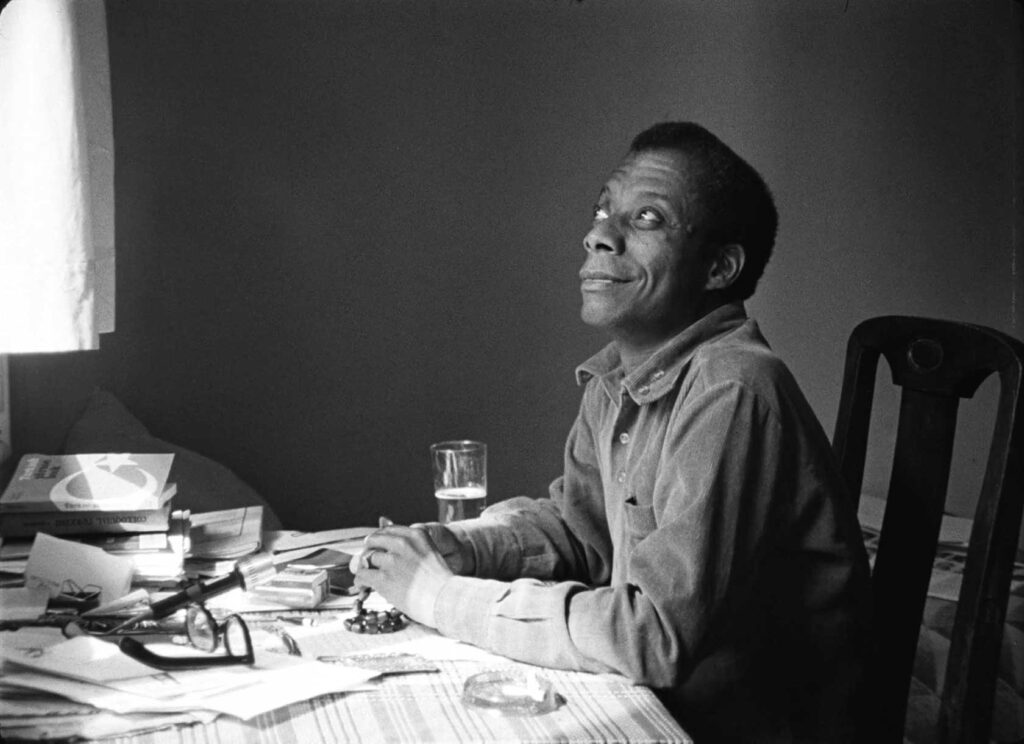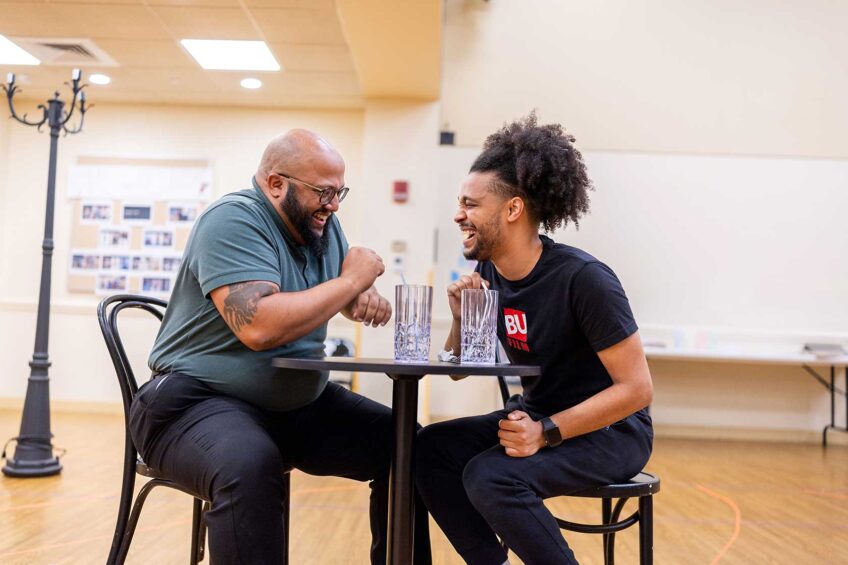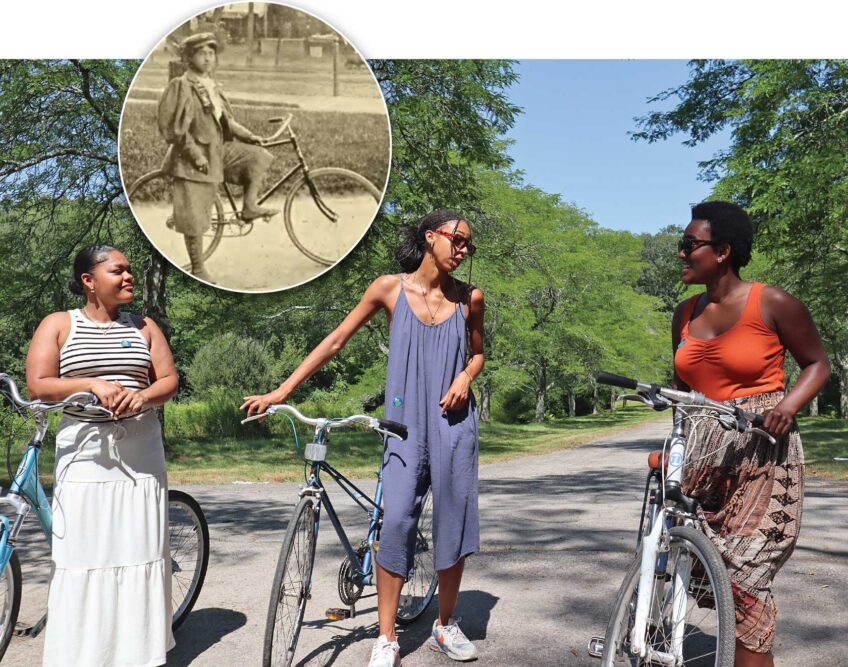‘James Baldwin Abroad: A Program of 3 Films’ at Coolidge Corner Theatre
Newly restored short docs open March 24

“James Baldwin Abroad: A Program of 3 Films” opens at the Coolidge Corner Theatre on March 24. The digitally remastered short documentaries reveal snippets of the writer’s life and his personal reflections during his time abroad in Istanbul, Paris and London.
The program includes the Turkish film “James Baldwin: From Another Place” (1973), directed by Sedat Pakay; “Meeting the Man: James Baldwin in Paris” (1971), directed by Terence Dixon; and “Baldwin’s N*****” (1968), directed by Horace Ové, who also directed Britain’s first feature-length film by a Black filmmaker.
The decision to screen these shorts was very intentional, according to Beth Gilligan, the theater’s deputy director. “James Baldwin is still so relevant to our society and where we are today. And I think the films are just this amazing, fascinating glimpse into his life in different ways,” she says.
The first film of the series is the newly restored “James Baldwin: From Another Place,” which was preserved by the Yale Film Archive with support from the National Film Preservation Foundation. Pakay’s black-and-white documentary is a penetrating and reflective look at Baldwin as he meanders around Istanbul over the course of several days. Pakay films Baldwin in the intimate interiors of his bedroom and the dizzying and occasionally claustrophobic exteriors of the city’s crowded streets.
The comfort level between Pakay and Baldwin is evident when Pakay probes Baldwin to discuss his sexuality. Although initially hesitant, Baldwin says, “I loved a few men, and I loved a few women, and a few people have loved me. I suppose that’s all that’s saved my life.”
The second film, “Meeting the Man: James Baldwin in Paris,” takes on a different tone. Baldwin is assertive when he discusses colonialism, power and liberation. He battles for control over his own voice and vision with Dixon, the white filmmaker. Baldwin wins the intellectual debate. The film’s audio and picture were restored by Mark Rance of Watchmaker Films, London.
The final film in the series is “Baldwin’s N*****,” which was restored by the British Film Institute. Ové films Baldwin’s speech and Q&A alongside Dick Gregory in a cinéma vérité style as they address a group of West Indian students in London. Baldwin discusses a mélange of topics, including Black identity in America and England.
This film is Gilligan’s favorite. “There’s a dynamism to that short. You’re seeing Baldwin think on his feet and react to questions and interact with the audience. It’s just so fascinating,” she says.
On March 29, there will be a panel discussion at the Coolidge Corner Theatre at 7 p.m. The panelists include David Leeming, Baldwin’s former personal secretary and official biographer; Quentin Miller, a Baldwin scholar and English professor at Suffolk University; and Kimberly McLarin, an author and professor at Emerson College. Other participants will be announced.
The success of the previous Baldwin-centric film “I Am Not Your Negro” and the well-attended panel discussion at the theater in 2017 made programming “James Baldwin Abroad” an easy choice, Gilligan says. She notes that three out of the four original panelists from 2017 are confirmed for this month’s discussion.
Miller is one of those returning panelists. He attributes the current relevance of Baldwin’s work to the Black Lives Matter movement. He says, “Baldwin has reemerged as the figure who could really give us some guidance. He was prophetic in that way, really, in terms of his thinking of injustice more broadly and police brutality more specifically.”





